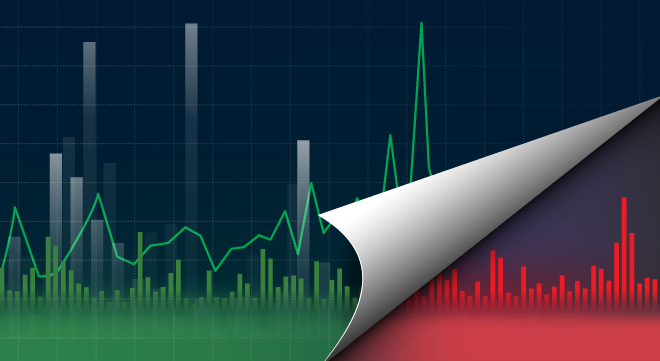High-net-worth South African investors are hugely optimistic about what their investments will return over the next five years, expecting an average annual return of 15.2% during this period, an increase of 2.5% since last year. This is according to the latest Schroders Global Investor Study (GIS).
Local investors’ return expectations are substantially higher than those of global investors, who believe their investments will return an average of 11.3% a year over the same period.
The qualifier “high-net-worth” needs to be applied to these findings, because the group of investors surveyed was limited to those who planned to invest the equivalent of a minimum of €10 000 (about R173 000) in the next 12 months and have made changes to their investments within the past 10 years. The sample size was more than 23 000 savers in 32 locations around the world, including 400 in this country. The survey was commissioned in March, so one could ask whether South African investors would have been as optimistic if the survey had been conducted after the July unrest. Although, as Schroders acknowledges, the survey investor criteria do not apply to the typical retail investor in South Africa, the results do highlight an interesting aspect of investor behaviour.
The return expectations of the surveyed investors far exceed those of professional forecasters. In January, Schroders’ economists put annual long-term stock market returns for the US, the eurozone, UK and Japan at 5.3%, 5.6%, 6.8% and 3%, respectively. And these predictions relate only to shares, which typically return considerably more than other components of a saver’s portfolio, such as bonds and cash, says Kondi Nkosi, the head of Schroders South Africa.
Similarly, while the surveyed investors’ expectations of returns have been rising year after year, Schroders’ economists’ predictions for returns in most developed markets have fallen over the past 12 months, Nkosi says.
Investor expectations of a steady increase in investment values are also out of sync with how stock markets have, in fact, performed.

What might explain the huge gap between investor expectations, on the one hand, and professional’s forecasts and actual investment performance, on the other?
Stuart Podmore, behavioural investment insights specialist at Schroders, suggests one explanation lies in investors’ emotional response to recent events and market movements. He says the pandemic’s upheaval has created anxiety, resulting in a less long-term mindset among investors, which is manifested in their need to monitor holdings’ performance more frequently. The study found that 34% of South African investors check on their investments several times a week.
“The pandemic, the lockdowns and all the associated disruptions might also have affected investors’ ability to process risk,” he says – with the potential result that “expectations of future returns become less realistic”.
Investors who categorised themselves as “expert” or “advanced” in financial knowledge also have the highest expectations of future returns, the study found. South African investors who identify themselves as “expert” expect on average 52% higher returns each year than investors classing themselves as “beginners” or having “rudimentary” knowledge.
What’s more, the proportion of investors classifying themselves as “expert” has also grown over recent years. In 2018 – the first year in which investors were asked to categorise their knowledge – only 4% of South African investors termed themselves “expert” and 21% “advanced”. By 2021, the proportion self-identifying as “expert” had grown to 12% and “advanced” to 35%.
“What we may have here is an illustration of hindsight bias and over-confidence,” says Podmore. “Markets have been volatile in recent years, but overall returns have been unusually strong. Because the outcome has been good, in that investors’ portfolios have risen in value, it’s only human to make the assumption – incorrectly as it happens – that all your personal decisions have been good, too. You start to feel that it’s your judgment calls which have worked out so well, rather than external factors which you can’t control. This, in turn, encourages people to feel more confident both about their own knowledge and to believe they will outperform others in the future.”
Impact of the lockdowns on saving
The study also looked at how the turbulent 2020 affected people’s savings plans, and whether the lockdowns will have a lasting impact on investment decisions.
- 86% of South African investors said they have spent more time thinking about their financial well-being since the onset of Covid-19.
- Only 59% of South Africans were able to save/invest as they had planned in 2020. The main reason (47%) given for saving less was “a change in personal circumstances”, such as “new dependants” or “needing to move homes”.
- 54% of South African plan to save more once the lockdowns are lifted.
- Only 34% of South Africans plan to increase their spending after the lockdowns.
- Not surprisingly, most retired people around the world (58%) said they have become more cautious with spending their retirement savings in the wake of the pandemic. South African retirees, at 61%, were even more cautious than the global average.



